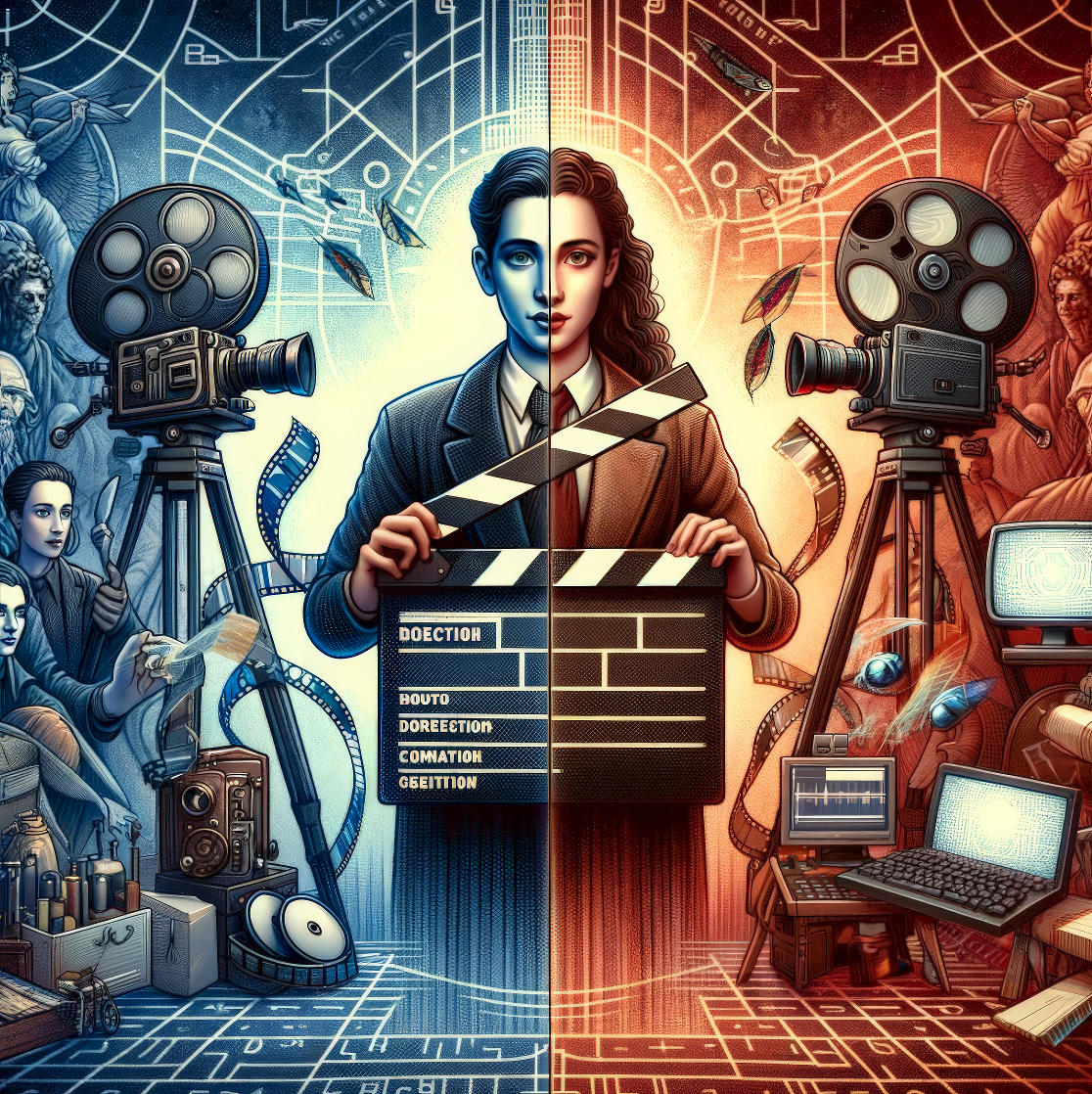The Milan Machinima Festival is thrilled to introduce Kinderfilm as part of our Auteur Theory program. Join us for a special screening on March 15 2024 at IULM University in the Sala dei 146. Today, we’re happy to share an exclusive clip.
Operating at the intersection of art, politics, and video games, the Austrian artist collective Total Refusal stands out as a groundbreaking force. This self-described “pseudo-Marxist media guerrilla”, comprised of artists, researchers, and filmmakers, has carved a unique niche by appropriating contemporary video games to create political narrations. Their innovative approach to “upcycling” the resources of mainstream video games into videos, interventions, live performances, lectures, and workshops has not only challenged conventional boundaries but also captivated audiences worldwide. In 2023, they even made it into the front page of The New York Times (the best part, as often is the case with the Grey Lady, is the comment section… priceless).
Since its inception in 2018, Total Refusal’s compelling fusion of digital art and political commentary has garnered international acclaim, earning them over 50 awards and honorary mentions. It’s a stunning achievement in such a short span of time. Noteworthy among these are the prestigious European Film Award and the Best Short Direction Award at the Locarno Film Festival, underscoring their significant impact on contemporary film and art.
Total Refusal’s filmography is a testament to their creative versatility and political engagement. Their works, including Kinderfilm (2023), Hardly Working (2022, screened at the Milan Machinima Festival in 2023), Deconstructing the Bridge (2022), How to Disappear (2020, presented at the Milan Machinima Festival 2021), Featherfall (2019, featured on VRAL), and Operation Jane Walk (2018, screened at Sogni Eletrrici in 2019), explore various dimensions of video game worlds while critiquing societal and political norms. The provide a counter-narrative to mainstream discourse.
Total Refusal’s critical acclaim extends to major film festivals around the globe, showcasing their work to diverse audiences. Their recent participations include the Locarno International Film Festival (Switzerland), L’Étrange Festival (France), Black Canvas (Mexico), Montreal Festival du nouveau cinéma (Canada), and Viennale (Austria), among others. Each festival participation not only amplifies their voice but also reinforces the relevance of their work in contemporary discourse on art and politics.
Supported by the Austrian Cultural Forum Bern, their festival journey reflects a growing recognition of video game art as a legitimate and powerful medium for political and social commentary. From the streets of virtual Los Santos in Kinderfilm to the digital landscapes of Operation Jane Walk, Total Refusal redefines the boundaries between the fictional and the concretely lived, inviting viewers to reconsider their perceptions of video games, art, and the world around us.
The collective's most recent work, Kinderfilm, ventures into the spaces of Grand Theft Auto V,capturing a day permeated by mundane routines yet overshadowed by a “grave absence”, that is, a future put on hold due to safety concerns. Through the perspective of its protagonist, Edgar, the film traverses the eerily ordinary reality dictated by the game’s algorithms, unveiling a world that is outwardly enchanting but fundamentally nightmarish. This journey underscores Total Refusal’s knack for distilling deep insights from allegedly neutral digital environments. More poignantly, their critique extends beyond virtual borders, resonating starkly with real-world contexts. Particularly, it mirrors the societal dynamics of countries like Italy, where a declining birthrate, escalating emigration, and a crisis co-opted by the Far Right paint a similarly unsettling picture of suspended futures and challenged normalcies.
As Total Refusal continues to challenge and inspire, their work remains a benchmark for those seeking to navigate the complexities of contemporary digital and political landscapes. Their success at film festivals worldwide is not just a testament to their artistic innovation but also to the vital role of video games in shaping our cultural and political consciousness, not to mention reshaping visual culture as a whole.
Matteo Bittanti
Read more about the 7th edition of the Milan Machinima Festival


